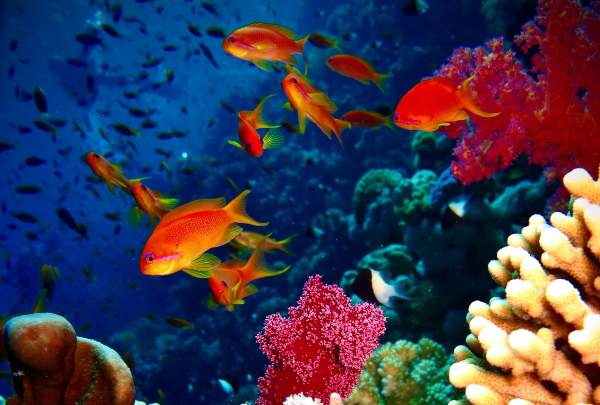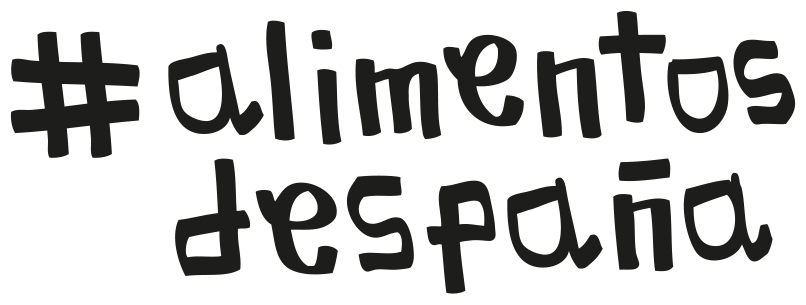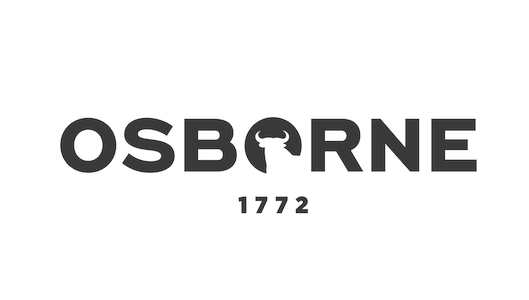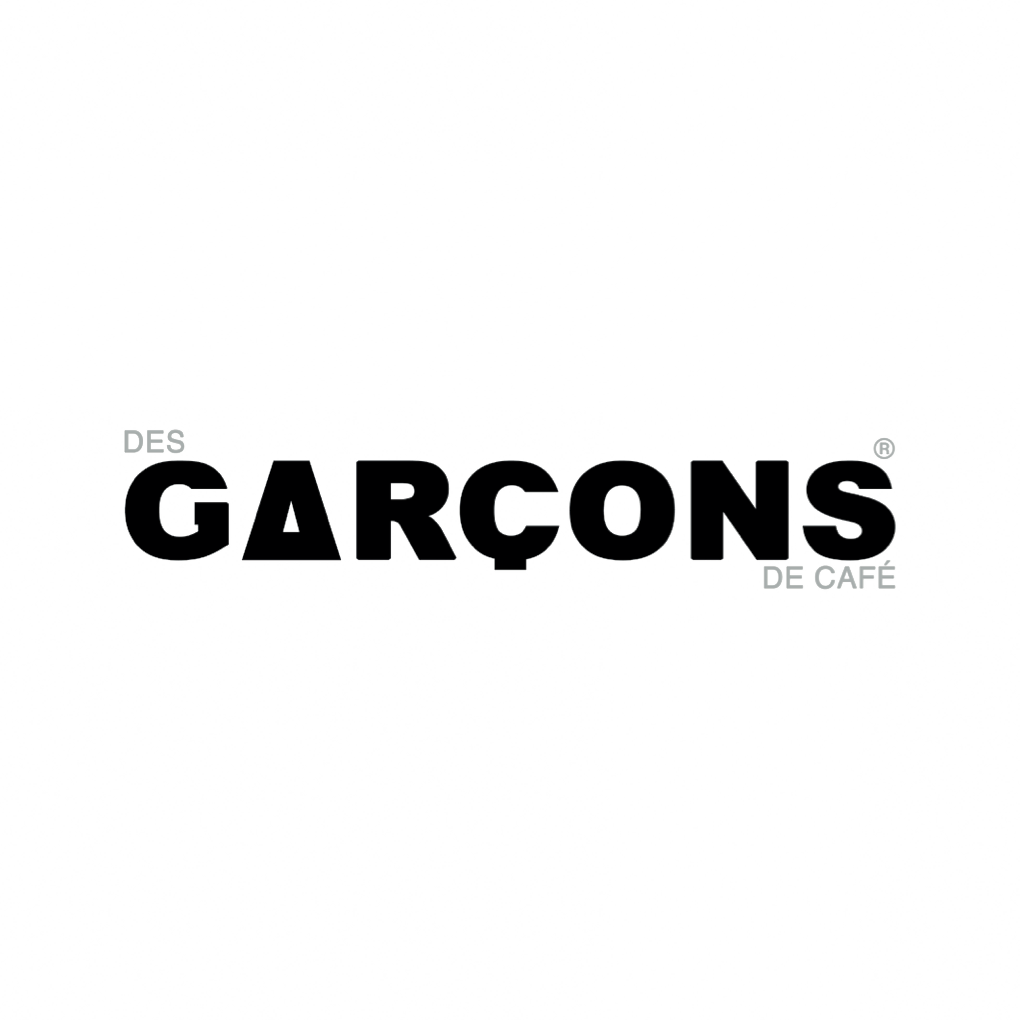Presentation
Oceans 2050. Cultivation of carbon in seaweed

Oceans 2050 devises strategies to address the most urgent problems facing our oceans, and seek efficient solutions.
One of the solutions it is working on to guarantee the future not only of our oceans but also that of the entire planet is the cultivation of carbon in seaweed to help restore the climate.
The vast majority of solutions for the climate crisis have focused on land, while the ocean has absorbed 25% of the carbon emitted since the Industrial Revolution, and it is suffering the consequences. At the same time, however, the ocean may play an important role in restoring climate through the creation of carbon by means of algae cultivation.
Oceans 2050 seeks to implement a change of scale in algae aquaculture, creating the necessary conditions for millions of people all over the world to become marine farmers. This means that algae aquaculture could sequester gigatons of CO2, assist in restoring the abundance of the ocean, and create a new socially fair blue economy to help feed and energise the world in a regenerative process.
Related talks
Presentation

The role of algae cultivation in a sustainable future
09:20 - 09:50 HRS
Carlos Duarte
Profesor of Marine Science (Saudi Arabia)
Presentation
.jpg)
The algae revolution: an assessment of macroalgae and microalgae as foodstuffs in a global context
12:45 - 13:15 HRS
Juan Luis Gómez Pinchetti
Scientific director and head of the Biotechnology and Cultivation Unit, Spanish Algae Bank
Presentation

Microalgae in the ocean: the key to quality maritime food
17:25 - 17:55 HRS
Susana Agustí
Professor of Marine Sciences at the King Abdullah University of Science and Technology in Saudi Arabia (KAUST)
Presentation

Algae in Japan: history of their cultivation, food culture and future prospects
11:00 - 11:30 HRS
Atushi Watanabe
Senior Research Fellow at Ocean Policy Research Institute of The Sasakawa Peace Foundation
Presentation

Restoration of seagrass meadows and optimism
12:10 - 12:40 HRS
Karen McGlathery
Director of the UVA's Environmental Resilience Institute, she also leads the Virginia Coast Reserve Long Term Ecological Research Project
Presentation

Sea resources
09:55 - 10:25 HRS
Ángel León
Chef of Aponiente*** (Puerto de Santa María, España)
Presentation

Made in Sannio
11:05 - 11:35 HRS
Giuseppe Iannotti
Chef at Krèsios* (Telese Terme, Campania, Italy)
Presentation

The Matéria Project and the Portuguese sea
18:05 - 18:35 HRS
João Rodrigues
Chef at Feitoria* (Lisbo, Portugal)
Presentation

The Cataria Project
13:25 - 13:55 HRS
Aitor Arregi
Chef at Elkano* (Getaria) and Cataria (Cádiz)
Presentation

The new narrative in the fishing sector: a balance between sustainable usage and conservation of the seas
13:25 - 13:55 HRS
Javier Garat
Secretary General of Cepesca
Presentation

The invasive seaweed species Rugulopteryx okamurae. Captain Nemo’s ‘tabasco’?
11:30 - 11:55 HRS
Fernando G. Brun
Professor of Ecology, University of Cádiz
José Lucas Pérez Lloréns
Professor of the Biology Department, University of Cádiz
David Chamorro
Director Food Idea Lab
Presentation

Iberostar Wave of Change
10:30 - 11:00 HRS
Soraya Romero
Global Head of Engagement & Diversity, Iberostar Group
Presentation

Amazonia, the unknown sea
11:35 - 12:05 HRS
Pedro Miguel Schiaffino
Chef at ámaZ, (Lima, Perú)
Presentation

The world's last cuisine
12:45 - 13:15 HRS
Pepe Vieira
Chef at Pepe Vieira* (Poio, Pontevedra, Spain)
Presentation

Present and future of Spanish aquaculture
11:40 - 12:20 HRS
Paloma Carballo
Head of the Ministry of Agriculture, Fishing and Food’s Department of Fishery Planning and Aquaculture’s Aquaculture Area










